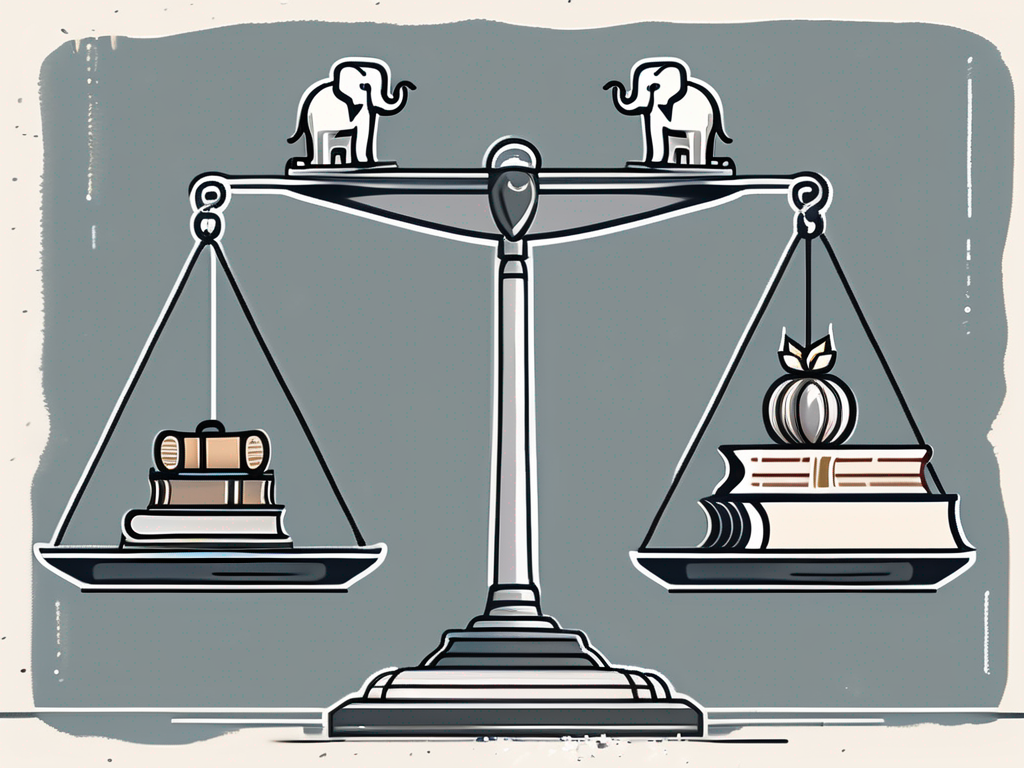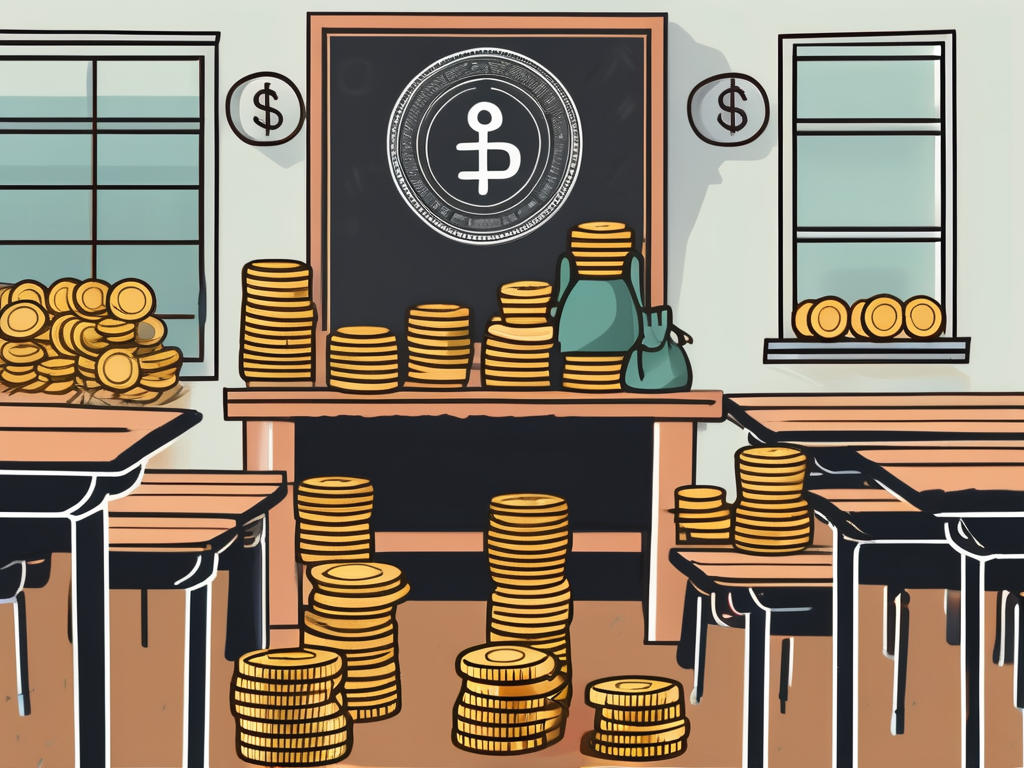
In the realm of education, Thailand has made significant strides towards gender equality. The International Postgraduate Certificate in Education (IPGCE) plays a crucial role in this progress, offering a fresh perspective on gender issues in the educational landscape. This article delves into five key points that highlight the impact of the IPGCE on gender equality in Thailand’s education system.
1. Understanding the Thai Education System
The Thai education system, much like a well-cooked Pad Thai, is a blend of various elements, each contributing to its unique flavour. It’s a mix of traditional Thai values, modern pedagogical approaches, and international influences. The IPGCE, a globally recognised qualification for educators, is one such international influence.
However, like any system, it’s not without its challenges. One of the major issues it grapples with is gender equality. Despite significant progress, gender biases and stereotypes still persist in the classroom, subtly influencing the learning environment.
Role of IPGCE in Tackling Gender Issues
The IPGCE, with its focus on inclusive education, equips teachers with the tools to tackle these gender issues head-on. It encourages educators to create a classroom environment where all students, regardless of their gender, feel valued and included.
By fostering an understanding of gender issues among educators, the IPGCE helps to break down harmful stereotypes and biases, paving the way for a more equitable education system.
2. Gender Equality in Thai Education: A Closer Look
Gender equality in education is not just about ensuring equal access to education for boys and girls. It’s also about creating a learning environment where all students feel safe, respected, and valued for who they are.
In Thailand, gender equality in education has improved over the years. Girls and boys now have almost equal access to education at all levels. However, challenges remain, particularly in terms of gender stereotypes and biases in the classroom.
Impact of IPGCE on Gender Equality
The IPGCE, with its focus on inclusive education, plays a crucial role in promoting gender equality in Thai education. It equips teachers with the knowledge and skills to challenge gender stereotypes and biases, fostering a more inclusive and equitable learning environment.
Through the IPGCE, educators learn to recognise and challenge their own biases, creating a more inclusive classroom where all students can thrive.
3. The Role of Teachers in Promoting Gender Equality
Teachers play a pivotal role in promoting gender equality. They shape the learning environment and influence students’ attitudes and beliefs about gender. Therefore, it’s crucial for teachers to be aware of their own biases and to challenge gender stereotypes in the classroom.
The IPGCE, with its focus on inclusive education, helps teachers to do just this. It equips them with the knowledge and skills to promote gender equality in their classrooms, fostering a more inclusive and equitable learning environment.
IPGCE: A Tool for Change
The IPGCE is more than just a qualification for teachers. It’s a tool for change, empowering educators to challenge gender stereotypes and biases in their classrooms.
Through the IPGCE, teachers learn to recognise and challenge their own biases, creating a more inclusive classroom where all students can thrive.
4. Challenges and Opportunities
Despite significant progress, challenges remain in promoting gender equality in Thai education. Gender stereotypes and biases still persist in the classroom, subtly influencing the learning environment.
However, these challenges also present opportunities for change. The IPGCE, with its focus on inclusive education, equips teachers with the tools to tackle these challenges head-on, fostering a more inclusive and equitable learning environment.
IPGCE: A Catalyst for Change
The IPGCE is more than just a qualification for teachers. It’s a catalyst for change, empowering educators to challenge gender stereotypes and biases in their classrooms.
Through the IPGCE, teachers learn to recognise and challenge their own biases, creating a more inclusive classroom where all students can thrive.
5. The Future of Gender Equality in Thai Education
The future of gender equality in Thai education looks promising. With the help of initiatives like the IPGCE, Thailand is making steady progress towards a more inclusive and equitable education system.
However, there’s still work to be done. To achieve true gender equality, it’s crucial to continue challenging gender stereotypes and biases in the classroom, fostering a learning environment where all students feel safe, respected, and valued for who they are.
IPGCE: Shaping the Future
The IPGCE, with its focus on inclusive education, is helping to shape the future of gender equality in Thai education. It equips teachers with the knowledge and skills to promote gender equality in their classrooms, fostering a more inclusive and equitable learning environment.
Through the IPGCE, educators are empowered to challenge gender stereotypes and biases, paving the way for a more inclusive and equitable future in Thai education.
Empower Your Teaching Career with IPGCE
As we recognize the transformative power of education in achieving gender equality, it’s time to take the next step in your professional journey with the IPGCE. Embrace the opportunity to enhance your qualifications, connect with a global network of educators, and gain a deeper understanding of international curricula. Join the ranks of those who have seen significant career growth, including increased interview callbacks, promotion rates, and salary enhancements. Don’t let barriers hold you back. Take charge of your professional development with flexible online study options that fit your busy schedule. Become a catalyst for change in education and advance gender equality with every lesson you teach. Join the UK’s #1 Teacher Training Course today and shape a more inclusive future.






